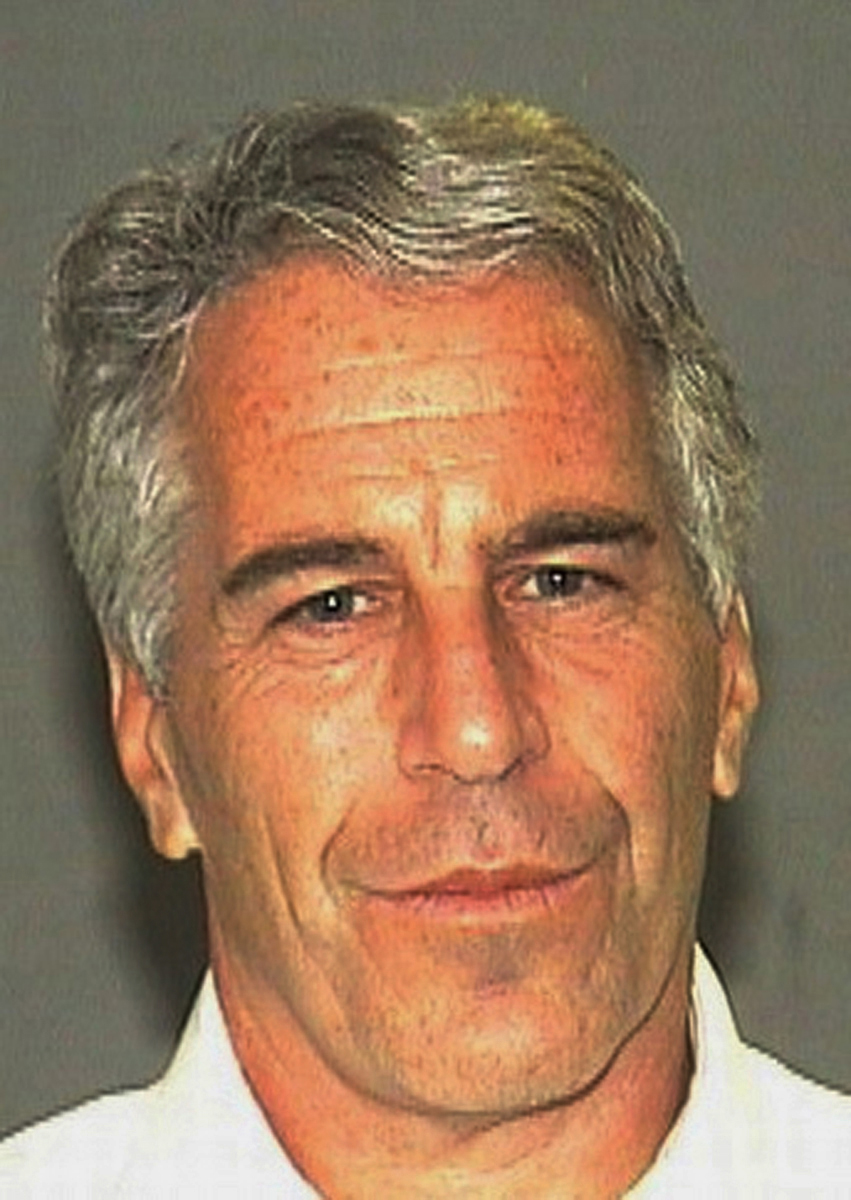A new report reveals that Jeffrey Epstein, the disgraced financier and accused sex trafficker, used his considerable wealth to buy himself special treatment while he was a prison at New York’s Metropolitan Correctional Center.
Perhaps the most conspicuous example of this is how Epstein, who despised his vermin-infested jail cell, would pay for his lawyers to visit him throughout the bulk of the day so that he could avoid his room as much as possible, according to The New York Times. As the Times reported:
He paid numerous lawyers to visit the jail for as many as 12 hours a day, giving him the right to see them in a private meeting room. Mr. Epstein was there for so long that he often appeared bored, sitting in silence with his lawyers, according to people who saw the meetings. While they were there, he and his entourage regularly emptied the two vending machines of drinks and snacks.
Another possible example of special treatment was when Epstein was taken off of suicide watch after only six days. Dr. Ziv Cohen, a forensic psychiatrist who frequently evaluates inmates at the Metropolitan Correctional Center, told the Times that “any case where someone had a proven or suspected serious suicide attempt, that would be unusual to within two to three weeks take them off suicide watch.”
Although Epstein claimed that his cell mate had tried to assault him during the first alleged suicide attempt, many prison-wise officials were skeptical of his claim. The conditions of being on suicide watch are, according to the Times, quite bleak compared to what a man used to living in luxury would have been accustomed to.
“Inmates there are housed alone in solitary rooms, naked except for a thick, heavy smock. Lights can be dimmed, but never turned off, and there are no bedsheets or materials that could be used for self-harm,” the Times reported.
Epstein also used his wealth to attempt to buy his way into his fellow inmates’ good graces, with the Times reporting that he transferred money to other inmates’ commissary accounts in order to avoid potential conflicts. Yet although Epstein at times appeared upbeat when meeting with his lawyers or potential members of his legal team, he began to lose his spirits, according to at least one lawyer who met with him. Nevertheless he continued attempting to manipulate the system to get the best deal he could for himself while living behind bars. As the Times reported:
And Mr. Epstein’s penchant for meetings stretched an already thin staff to its limits. As an inmate in 9 South, Mr. Epstein required additional guards to take him to and from meeting rooms. He took frequent bathroom breaks, requiring guards to escort him.
Perhaps one indication of Epstein’s state of mind can be found in a mural that he had painted on the second floor of his Upper East Side mansion. It showed him in the middle of a “photorealistic prison scene” because, as he told one visitor in early 2019, he wanted a reminder of what would await him if he wasn’t careful.
This isn’t the first time that Epstein was reported to have received special treatment behind bars. On Saturday the Miami Herald reported that he was allowed to buy two pairs of small women’s panties, size 5, during his stint at Palm Beach County Jail, as well as receive six-day-a-week work releases (which were eventually extended to seven), spend some of his time at home and spend 12 to 16 hours outside of his cell.


